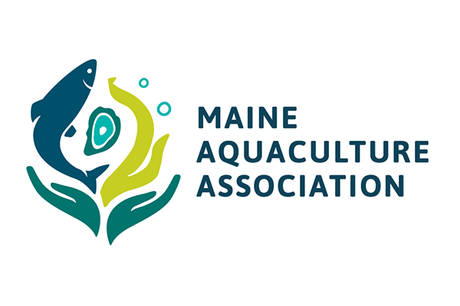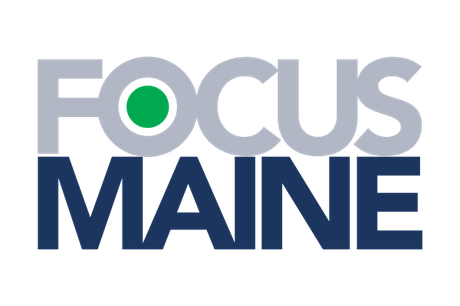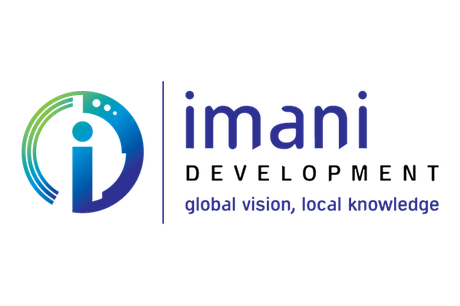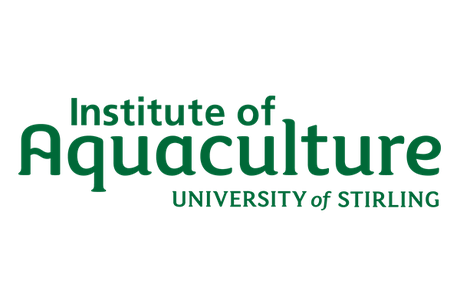Maine Aquaculture Workforce Development Strategy
Forward thinking strategies for Maine's aquaculture workforce needs.
The workforce shortage in Maine's aquaculture industry has been an obstacle to growth for many businesses, and could stunt the industry's tremendous growth potential. This in-depth analysis documents the current and future labor needs of Maine’s growing and developing aquaculture industry and charts a course for Maine to establish a comprehensive workforce training system.
Project Goals:
- Utilize a systematic, collaborative, and objective approach that leverages the knowledge and experiences of countries with developed aquaculture sectors.
- Document the current workforce needs, challenges, and hiring experiences of Maine's aquaculture industry, including marine and land-based producers, service providers, and ancillary businesses.
- Identify gaps in current workforce training, in partnership with Maine’s education and training institutions.
- Recommend a state-wide strategy for Maine to create a comprehensive workforce training system.
Maine Aquaculture Workforce Development Strategy Summary
This summary of our in-depth analysis documents the current and future labor needs of Maine’s growing and developing aquaculture industry and charts a course for Maine to establish a comprehensive workforce training system.
The Gulf of Maine Research Institute and Maine Aquaculture Association, in partnership with Educate Maine and sponsored by FocusMaine, developed a strategy to establish a comprehensive training system that meets the labor needs of Maine’s growing aquaculture industry today and as the industry continues to evolve. Direct input from Maine’s aquaculture industry — including established and prospective land-based operations, marine producers, service providers, and supply chain companies — formed the base of the analysis.
The consultants interviewed or surveyed 62 businesses in total. In-person, collaborative meetings with 15 of those businesses helped refine and improve the interview and survey process. In addition, the consultants met in-person with representatives of 17 of Maine’s education or training institutions and surveyed another 33. The GMRI project team further supported collaborative efforts by convening a steering committee of 30 representatives from various Maine education and training institutions, who provided critical feedback throughout the project. This analysis identified gaps in existing training programs (e.g., academic, vocational) and provides short- and long-term recommendations for developing a robust and cohesive aquaculture training system.
We utilized a foreign consulting team from a Scotland, a country that boasts a well-developed aquaculture industry, to understand aquaculture industry development, the workforce needs of developing and mature aquaculture sectors, and education systems that produce business ready graduates. Working with a team from Scotland that has no connections to Maine added fresh perspectives and process objectivity to the project.

Read the Full Workforce Development Evidence Report
Key Staff
Read More
-
Aquaculture Impact
As part of our new strategic plan, aquaculture has emerged as an opportunity for us to accelerate the growth of a diverse seafood economy. Our …
Announcements
-
Updates on Aquaculture
2018 was a year of partnerships, progress, and growth for our aquaculture team. We took on local infrastructure projects, state-level growth initiatives, and workforce development …
Perspectives
-
Advancing Aquaculture: Our Role in an Emerging Industry
In recent years, GMRI has begun a new aquaculture program, focused on growing this emerging industry in the Gulf of Maine. Below, President & CEO …
Perspectives
-
Aquaculture Analysis Shows Opportunity for Maine
In a report published this fall, our aquaculture program team announced important findings from their recently completed market analysis for farmed shellfish in Maine.
Tidings







